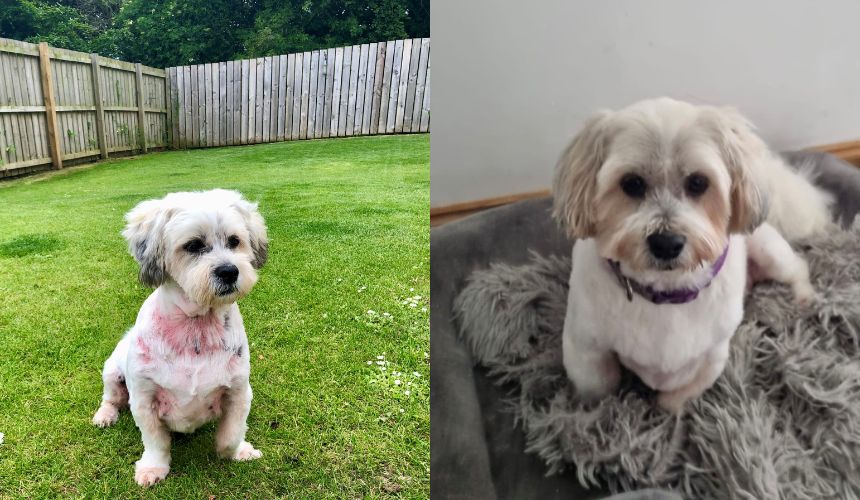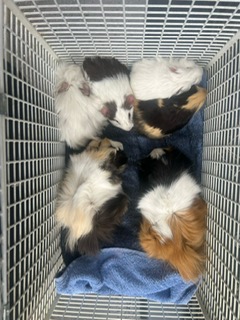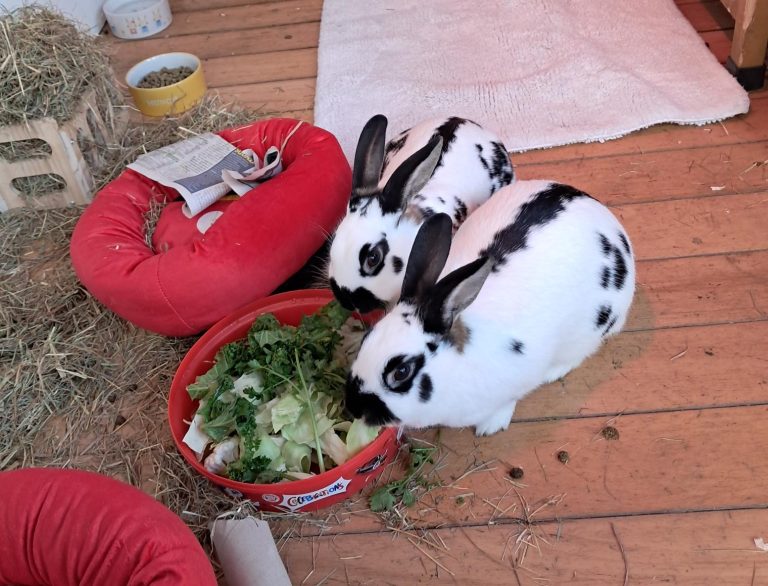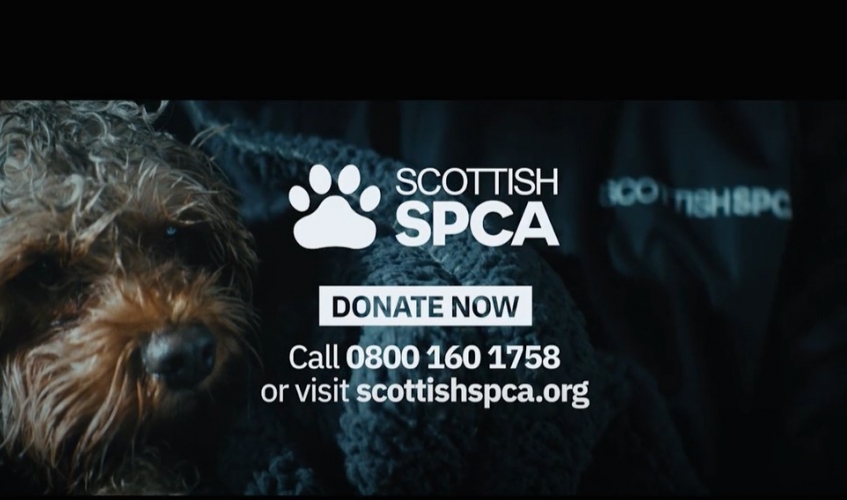We saw an almost 16% increase in companion animals coming into our care needing vet treatment in 2022. 3,737 animals needed some form of veterinary care on arrival compared to 3,225 in 2021.
Popular companion animals and horses saw the biggest increase, suggesting the rise may be due to owners struggling to cope with vet bills for their pets in the cost-of-living crisis. The number of cats needing vet treatment rose by 11% and dogs by 24%. In terms of small animals, ferrets and rabbits saw the biggest rise in animals needing medical care, with a 10% and massive 109% increase respectively.
The number of horses needing medical treatment saw the largest rise, jumping from 17 in 2021 to 47 in 2022, a huge increase of 176%.
Scottish SPCA CEO, Kirsteen Campbell, said, “We know from the increase in companion animals coming into our care in poor condition that vet bills are an issue for a lot of people. In many cases, had their owner sought help sooner, we may have been able to prevent the issue becoming as severe.
“Our message is simple, please pick up the phone if you need help. Our helpline advisors can find ways to support people who are struggling and keep people and their pets together.
“Prevention is part of our name and we’d much rather help people before issues mount up and an animal begins to suffer.
“While we can’t help with the costs of vet treatment directly, we work in partnership with lots of other organisations who may be able to help. We also provide advice and support over the phone.
“If you’re struggling with the cost of pet food we can put you in touch with your nearest local food bank offering our Pet Aid service.
“Nala the cat came into our care due to health issues. She was admitted to our Glasgow Animal Rescue and Rehoming Centre vet clinic because her owner couldn’t afford her vet fees.

“She had a huge umbilical hernia that required repair, a reoccurring prolapsed anus and an injury to one of her hind legs. We believe the injury may have been due to an untreated fracture, which has fused the growth plates and caused her to have one leg significantly shorter than the other.

“Thankfully, Nala responded well to treatment and was fostered and then adopted by one of the vet clinic team.
“Bentley the dog came into our Aberdeenshire Animal Rescue and Rehoming Centre after his owners could no longer afford to treat his medical issues. He had been with them for six years, but the cost of treating his skin problems and allergies had simply become too much.
“He had developed atopic skin disease and our team had to treat him with eye drops, steroids, medicated baths, supplements and a specialist diet.
“After a long course of treatment, he fully recovered and has also been adopted into a loving new family.
“Bentley and Nala are some of the lucky ones but we know that the escalating cost-of-living is putting pressure on animal welfare like never before. We’d hate to think that any pets are slipping through the cracks.
“Anyone who has concerns about an animal, or needs some advice and support, can call our animal helpline on 03000 999 999. The helpline is open seven days a week, 365 days a year, from 7.30am to 9pm March to October and 7.30am to 8pm November to February.
“Of course, as Scotland’s only all animal emergency service, we’re also feeling the pressure of the cost-of-living crisis. We receive no government funding and our operational costs are continuing to rise. Prices of vet supplies, food, and the cost of running our fleet of vehicles have all increased. It costs over £56,000 a day just now to run the Scottish SPCA and provide animals in Scotland with the care they need. This is14% more than 2022. Our fixed term fuel contract will end later this year and it’s a huge worry for us with 10 centres to run and heat.
“Times are tough for everyone, so we’d encourage people who can to become a member from as little as £5 a month. People can also make a one-off donation. Through this relatively small action people become a vital part of Scotland’s animal rescue team, enabling us to continue our work with all animals in every community.”
If you have concerns about an animal, our confidential animal helpline on 03000 999 999.







